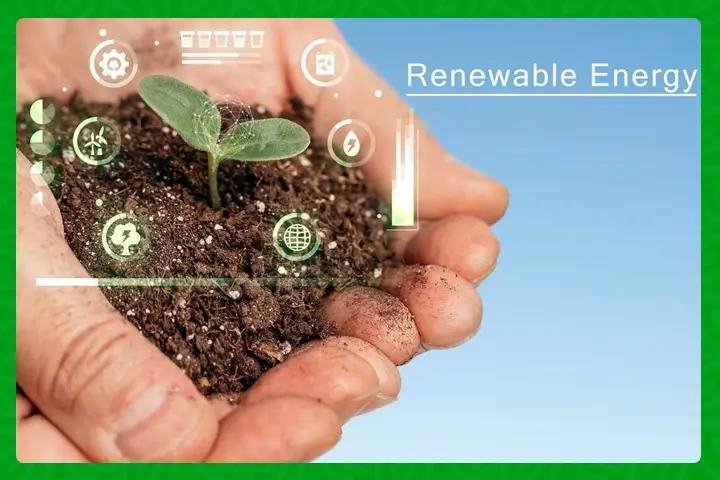
Agriculture is one of the most important sectors of the global economy, providing food, feed, fibre, and fuel for billions of people. However, agriculture also faces many challenges, such as land degradation, water scarcity, climate change, and population growth. How can we produce more food with fewer resources, while preserving the environment and enhancing human well-being?
One possible solution is eSoil, a revolutionary technology that combines hydroponics and bioelectronics to stimulate plant growth and improve crop yields. Hydroponics is a method of growing plants without soil, using water and nutrients as the medium. Bioelectronics is a field of science that uses electrical signals to interact with biological systems. eSoil is an electrically conductive substrate that can be used for hydroponic cultivation, and that can deliver electrical stimulation to the roots of the plants.

How does eSoil work?
eSoil is made of cellulose, a natural and biodegradable polymer, mixed with a synthetic and conductive polymer called PEDOT. This mixture creates a porous and flexible material that can hold water and nutrients, and that can also conduct electricity. By connecting eSoil to a low-power source, such as a battery or a solar panel, the roots of the plants can receive electrical stimulation, which can enhance their growth and metabolism.
Researchers from Linköping University in Sweden have developed eSoil and tested it on barley seedlings. They found that barley seedlings grown in eSoil grew up to 50% more in 15 days, compared to those grown in mineral wool, a common substrate for hydroponics. They also found that eSoil increased the nitrogen uptake and assimilation of the plants, which is essential for their protein synthesis and photosynthesis.
eSoil has several advantages over conventional soil and other substrates for hydroponics. Some of these benefits are:
– eSoil is biodegradable and renewable, unlike mineral wool, which is non-biodegradable and energy-intensive to produce.
– eSoil is more efficient and effective than soil, as it requires less water and nutrients, and it prevents soil-borne diseases and pests.
– eSoil is more adaptable and flexible than soil, as it can be tailored to different crops and conditions, and it can be used in vertical farming and urban agriculture.
– eSoil is more innovative and holistic than soil, as it integrates bioelectronics and hydroponics, and it considers the interactions among soil, water, plants, animals, and humans.
What are the challenges of eSoil?
eSoil is a promising technology, but it also faces some challenges and limitations. Some of these challenges are:
– eSoil is still in its early stages of development and research, and it needs more studies and experiments to understand its mechanisms and impacts on different crops and environments.
– eSoil is not widely available or accessible, and it may require initial investments in new equipment, training, and infrastructure.
– eSoil is not well-known or recognized, and it may face barriers in market access, consumer demand, and certification.
– eSoil is not a panacea or a silver bullet, and it may have some trade-offs and risks, such as environmental impacts, ethical issues, and social implications.

eSoil is a novel and exciting technology that has the potential to transform the future of agriculture. It combines hydroponics and bioelectronics to create a biodegradable and conductive substrate that can stimulate plant growth and improve crop yields. eSoil has many benefits, such as water and nutrient efficiency, soil and pest prevention, adaptability and flexibility, and innovation and holism. However, eSoil also has some challenges, such as research and development, availability and accessibility, awareness and recognition, and trade-offs and risks. eSoil is not a perfect or a final solution, but it is a valuable and viable option for sustainable agriculture.
Anil M V, Founder, Organil Services

Organil Services are Registered for Organic Regulatory Certification Consultancy and Accreditation Services in the Industry. WhatsApp for a Prepaid Consultancy +91 8606551335 or Email : orgnil40@gmail.com.


















